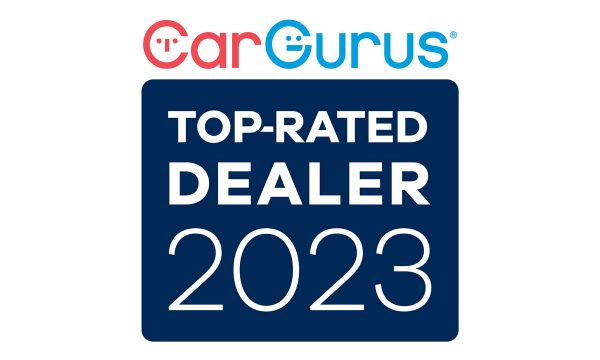
More consumers are considering buying an electric vehicle although numbers are rising slowly when considering the financial efforts from OEMs, according to J.D. Power’s 2023 U.S. Electric Vehicle Consideration (EVC) Study.
Based on the study, 26% of consumers are “very likely” to consider buying an EV — an increase of 2% from a year earlier. And the percentage of consumers who are “overall likely” to purchase an EV is up to 61% from 59% in 2022. Lower gas prices, inflation, rising interest rates, and greater model and charging availability all have an impact on consumer decisions.
“With all of these influences shaping today’s EV market, the biggest friction point for consideration is the availability of public chargers,” said Stewart Stropp, Executive Director of EV intelligence at J.D. Power, in a statement. “The growth in public charging isn’t keeping pace with the rising number of EVs on the road.”
While EV owners are impressed by what OEMs are offering, Stropp said the how, when, and where of charging their vehicle away from home remains a concern.
J.D. Power’s report shines a particularly strong light on charging availability; they note that it is growing more slowly every year (13% vs. 33% in 2022). At the same time, model availability is up. Forty-two per cent of EV buyers now own a model that meets their needs.
Increasing charging infrastructure has been at the forefront of Canadian auto association concerns when it comes to meeting the federal government’s zero-emission vehicle goals. The Canadian Automobile Dealers Association (CADA), the Canadian Vehicle Manufacturers’ Association (CVMA), and the Global Automakers of Canada (GAC) are currently demanding action on this front.
“A resounding effort to build out and improve the public charging infrastructure will emphatically increase EV purchase consideration,” said Stropp in a statement.











